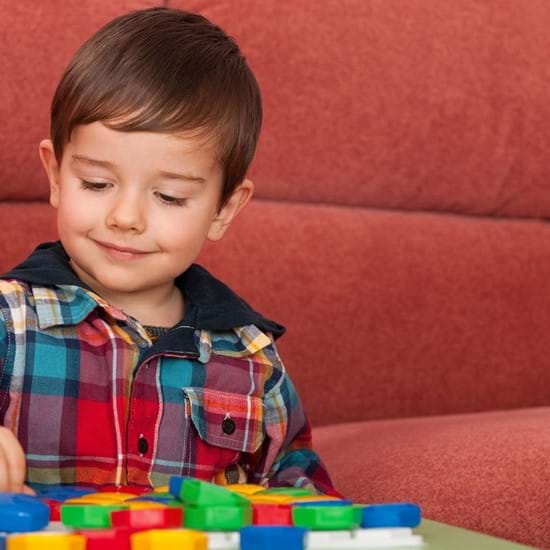
Car Games to Improve Reading Skills

Written by: Julie Provencher
How many hours do we spend in our car or on public transportation with our children? From that everyday drive to daycare, to vacation road trips and family visits, some families literally spend hundreds of hours travelling in a year! This is valuable time to talk to and get to know our children; time which can ultimately be positive and interesting.
As the mother of two young energetic boys, car time could become real torture. I then decided to create car games that are not only amusing, but teach my sons valuable reading skills.
Find a word that starts with the letter….
Word games are beneficial since the child must think about word structure. Taking a few minutes to search for words that start with “A” (for example) will contribute to increasing your child’s awareness of letters and their sounds. You can kick things off by giving your children a few examples (animal, apple), which will help them understand that words are made up of letters, a secret code to discover and master!
Another type of game that contributes to develop phonological awareness is, of course, rhymes! For example, take your child’s first name and match it with words that rhyme. Your child will realize that some words end the same way, a major step in deciphering the writing code!
Finding 5 or 10 theme-related words
This is one of my family's favourite games; even my husband likes to join in. I pick a theme like “Birds”, for example, and everyone must find 10 words in connection to this category. Studies confirm that vocabulary development is one of the key components to successfully acquiring literacy skills. A wide-ranging vocabulary will always benefit a child when learning to read. In sum, this game truly favours vocabulary development; it’s not uncommon for me to hear my sons ask: “What does that word mean mom?”
What would you do if...
This game consists of thinking up a scenario (true or imaginary) and asking your children what they would do in such a situation. The scenario can involve problem solving: “You're in the schoolyard and you have a big stomach ache; what do you do?” or simply be amusing: “You discover a treasure chest; what do you do with it?” The important thing is that your children use their imagination and reflect on a specific situation. They consider the information they have and give their opinion. At school, children read a variety of material and the teacher will ask them to take a position on what they’ve read. Playing “What would do you do if ...?” teaches your children how to react under different circumstances; they learn to analyze, weigh options and suggest solutions. This same process of comprehension, analysis and expression applies when children are asked by their teacher to consider material read in class.
Guessing games, jokes or riddles
I like to keep some riddle, joke or guessing game books in the glove compartment. My sons go wild for these; sometimes, they’ll read me some jokes or ask me to solve a guessing game. Other times, one of us will choose a riddle, and everyone has to try to solve it. In addition to reading, you’re encouraging your children to think and solve problems with clues. You may guide your children a little to help them make sense of the problems.
A riddle such as “What has a face and two hands but no arms or legs?” will stimulate children to make connections between their own knowledge and the clues from the riddle. They must read between the lines and use logic. At school, teachers will give such exercises, and children are expected to try to find the answers using the clues from their textbooks.
Finally, audio books are also a valuable resource for parents whose attention must be focused on driving the car. You can easily find these at your local library.
To conclude, it’s not always necessary to have a book within reach to develop our children’s literacy skills. Sometimes, a little imagination and a couple of fun, simple games can go a long way in teaching your children what they need to know.
Enjoy the ride!

Julie Provencher | Mother, Teacher and Lecturer
Follow me on Twitter: @Pouvoirdelire
Web site: http://www.pouvoirdelire.com/


